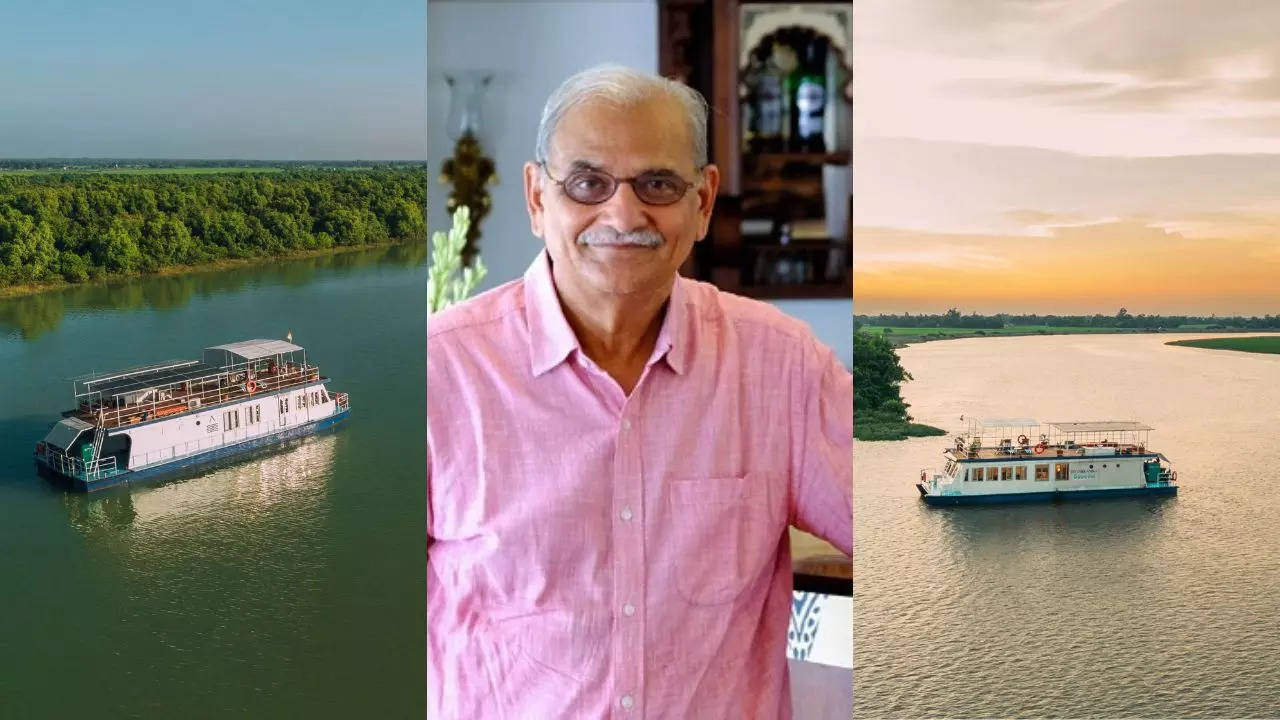This week, the City of Winnipeg made an announcement that would be laughable if it weren’t so disappointing. On October 15, the city, in partnership with Compost Winnipeg, will launch 15 food waste drop-off stations across Winnipeg. It’s being touted as a major initiative to help residents reduce food waste and combat climate change.
Yet, when you look at the fine print, this is nothing more than a half-hearted attempt to look like we’re doing something while missing the bigger picture entirely. “For every tonne of food waste diverted, we remove two tonnes of CO2 emissions,” Mayor Scott Gillingham proudly proclaimed, as if the city had just solved the climate crisis. But let’s be real for a moment—this is a Band-Aid on a much bigger problem.
They are trying to make this announcement sound impressive, but the reality is that it’s an embarrassment when you consider what other major cities across Canada are already doing. Toronto, Vancouver, Calgary, and even smaller cities like Halifax have had comprehensive composting programs for years. These programs are built into their waste management systems, making it easy for residents to dispose of food waste curbside.
So why is Winnipeg lagging so far behind? Why are we celebrating 15 drop-off stations that most people won’t even be able to access conveniently? The city’s plan is deeply flawed. First, let’s talk about accessibility. How are people supposed to participate in this program if they don’t have a ve.


















